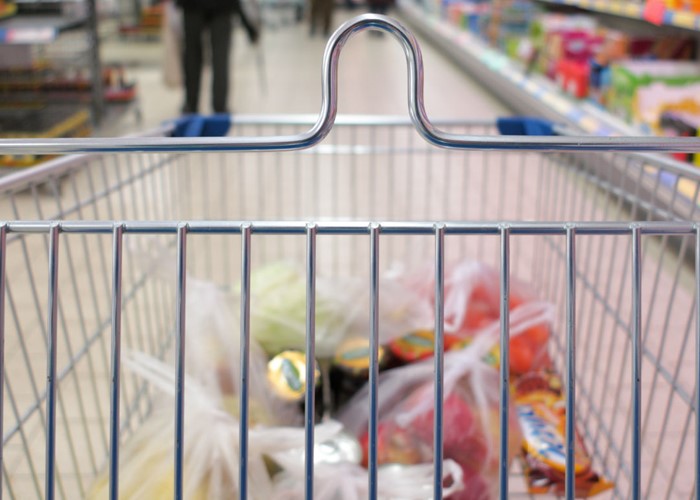Why food prices are set to soar

As grain prices rocket, expect to pay more for bread, biscuits, cakes and beer!
Although we Brits take considerable delight in rising house values, we really don’t like it when price rises elsewhere push up the cost of living.
The menace of inflation
This is because inflation -- the tendency for the cost of goods and services to increase over time -- eats into the value of our money.
For example, the Retail Prices Index (RPI) measure of inflation hit 5% in June. This means that a standardised ‘basket’ of goods costing £100 in June 2009 cost £105 a year later.
Of course, if your pay or pension hasn’t gone up at least in line with inflation, then the ‘real’ (after-inflation) value of your earnings has reduced. Put simply, you’re worse off than you were a year ago.
Inflation really hits home hard for those on fixed incomes, such as the UK’s 11½ million pensioners, and for workers who get below-inflation pay rises or no pay rise at all.
Get ready for higher food prices
June’s RPI reading would have been even higher, had it not been for petrol and diesel prices falling between May and June. Also, June sales pushed down prices for clothing and footwear, which also helped to curb the cost of living.
Now for the bad news: the cost of many everyday food and drink items is set to soar, thanks to rising grain prices. In particular, the price of wheat has sky-rocketed.
For example, in early April, a tonne of wheat cost around €120. However, thanks to a severe drought in Russia (part of Europe’s ‘bread basket’ and the world’s third-largest wheat exporter), the price of wheat shot up past €220 a tonne earlier this month.
Rachel Robson rounds up five ways to cut your food bills.
This is the steepest increase in wheat prices since 1973, and is likely to lead to price increases for goods containing flour, such as bread, pasta, cakes and biscuits. This sounds like a recipe for tears at teatime to me!
Indeed, companies such as Premier Foods, maker of Hovis loaves, and high-street bakery chain Greggs have already warned that persistently high wheat prices will bump up the cost of flour. Inevitably, this would lead to higher prices for everyday staples.
Bad news for beer lovers
Likewise, the price of barley, which is used for malting beer and feeding poultry, has exploded in just two months, rising from €90 to €210 a tonne. This price surge has been caused by poor harvests in Eastern Europe, coupled with export restrictions imposed by Russia.
At the end of 2009, the average price of a pint of beer went past £2.80 for the first time. However, with the cost of malted barley soaring, plus an extra 2.5% on VAT from 4 January 2011, a pint could soon cost £4 or more.
In response to price concerns, the share prices of big brewers such as Anheuser-Busch InBev (brewers of Budweiser and Stella Artois), SABMiller (Grolsch), Heineken and Diageo (Guinness) fell last week.
Also, barley is fed to chickens, so higher prices will eventually translate into more expensive chicken and eggs. But which will go up in price first: the chicken or the egg?
It’s 2008 all over again
Two years ago, steep rises in the costs of grains and other foodstuffs caused a sharp spike in food-price inflation and beer prices. In extreme cases, rising food prices led to riots in developing countries such as Haiti, Indonesia and several African nations.
We compare some of the big food brands with supermarket own brands to see which tastes best!
Of course, this spike in grain prices could well prove to be temporary. Better weather and rising stocks could lead to price falls later this year. Similarly, fierce price competition between major supermarkets should help to curb the worst price increases.
Nevertheless, with beer, bread and biscuits poised to become more expensive, maybe it’s time to dust off those diet books and lose a few pounds. Alternatively, price-comparison websites such as mySupermarket can trim pounds from your weekly shopping bill, as can shifting down a brand.
For further tips on how to slash your food bills, read 10 ways to slash your supermarket spend.
If you have an opinion on this topic, why not start a discussion in our Frugal Food group about it?
More: Petrol prices to hit £1.20 a litre | 20 things you can get for under £5
Comments
Be the first to comment
Do you want to comment on this article? You need to be signed in for this feature